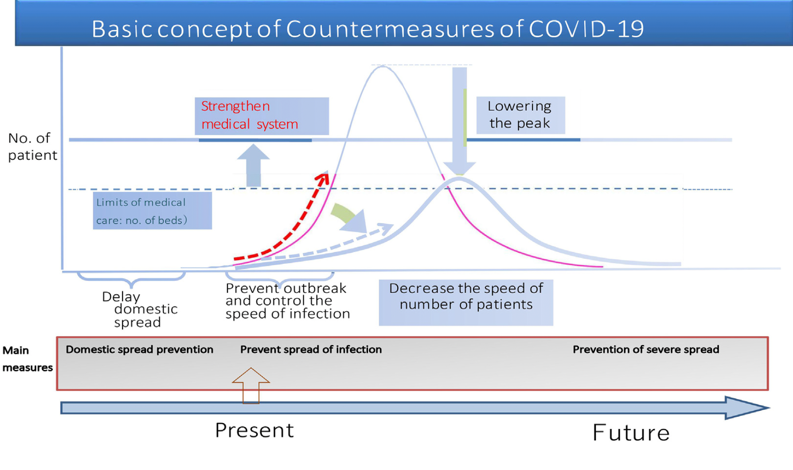Governance, technology and citizen behavior in pandemic: Lessons from COVID-19 in East Asia

Title: Governance, technology and citizen behavior in pandemic: Lessons from COVID-19 in East Asia
Authors: Rajib Shaw, Yong-kyun Kim and Jinling Hua
Journal: Progress in Disaster Science, Vol. 6, 100090, ISSN 2590-0617 (2020)
DOI: 10.1016/j.pdisas.2020.100090
Abstract:
Corona Virus (CODID-19) was first reported in Wuhan in December 2019, then spread in different parts of China, and gradually became a global pandemic in March 2020. While the death toll is still increasing, the epicenter of casualty has shifted from Asia to Europe, and that of the affected people has shifted to USA. This paper analyzes the responses in East Asian countries, in China, Japan and South Korea, and provides some commonalities and lessons. While countries have different governance mechanism, it was found that a few governance decisions in respective countries made a difference, along with strong community solidarity and community behavior. Extensive use of emerging technologies is made along with medical/health care treatment to make the response more effective and reduce the risk of the spread of the disease. Although the pandemic was a global one, its responses were local, depending on the local governance, socio-economic and cultural context.
Related Articles:
- An integrated approach to sustainable development, National Resilience, and COVID-19 responses: The case of Japan. International Journal of Disaster Risk Reduction, Vol. 51, 101808, ISSN 2212-4209 (2020). DOI: 10.1016/j.ijdrr.2020.101808.
- COVID-19 Pandemic Response in Japan: What Is behind the Initial Flattening of the Curve?. Sustainability, Vol. 12, No. 13:5250 (2020). DOI: 10.3390/su12135250
- Thirty Years of Science, Technology, and Academia in Disaster Risk Reduction and Emerging Responsibilities. International Journal of Disaster Risk Science, Vol. 11, pp. 414-425 (2020). DOI: 10.1007/s13753-020-00264-z.





